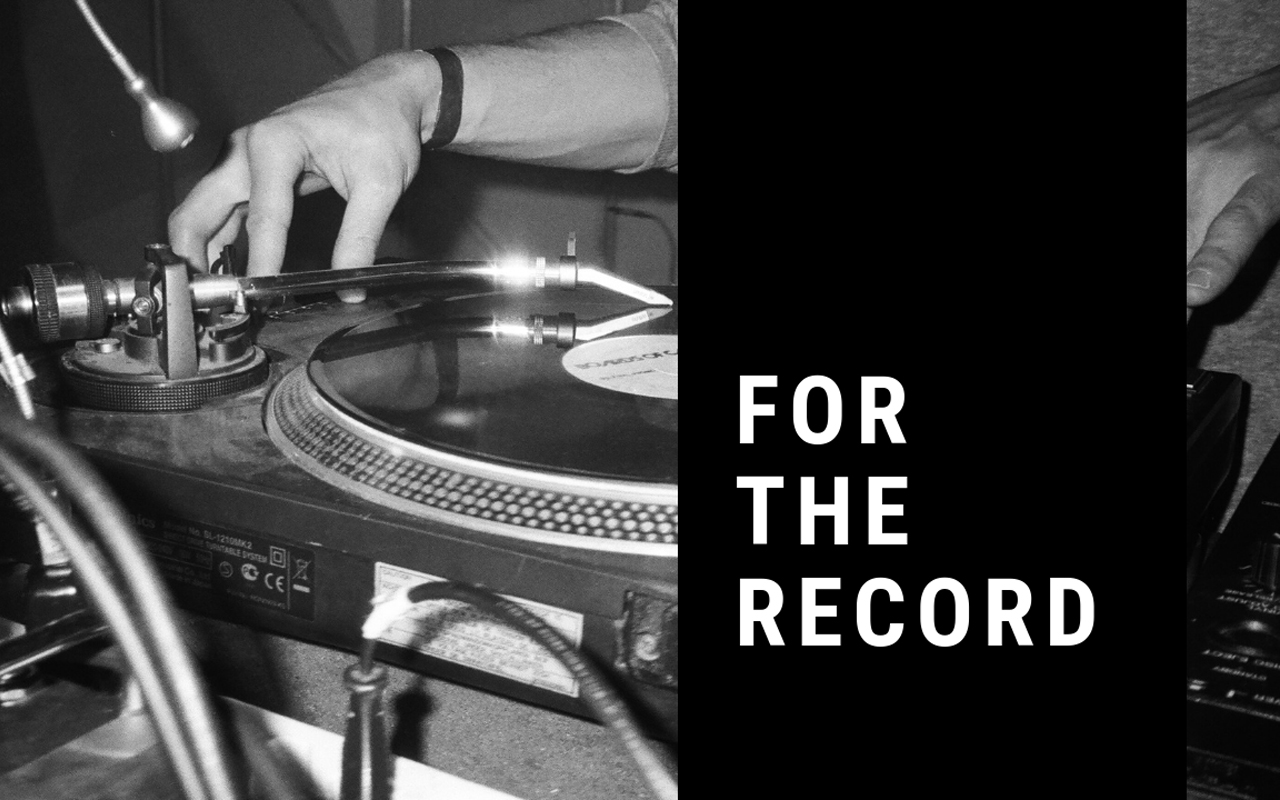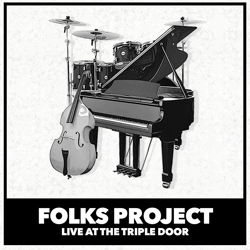

Folks Project
Live at the Triple Door
Self-Released
Seattle-based jazz ensemble Folks Project released their debut album, Live at the Triple Door, in February 2020. Comprised of D’Vonne Lewis on drums, Darrius Willrich on keys, and Evan Flory-Barnes on bass, the music of Folk Project is a tribute to and continuation of Seattle’s rich tradition of jazz. Taking cues from the West Coast Cool Jazz movement in general, as well as the expansive, atmospheric compositional structures of such Seattle luminaries as Quincy Jones, Folks Project mines the memory of past musical means of expression to extract new interpretations and new meaning on the path toward a jazz future.
Live at the Triple Door opens with “Let’s Go,” a piano driven post-bop exercise in movement and excitement. “5023” follows as a laid back, contemplative melody. Bass and piano trade solos, evoking an almost unidentifiable nostalgia: the music gives a familiar warmth, giving the listener a melancholy reminisce for memories that aren’t quite known. “Your Love” and “Stay Here With Me” offer lite-funk trips akin to late-1970s quiet storm radio with a modern twist. The final track, “Scene of Serene,” is a fitting bookend to the album. Increasingly assertive cymbals and toms wash over bass and piano. The trio splits from one movement of the suite to the next, with the memory of the previous passage informing the team of the next leg of the excursion. The music continually expands, tensing and relaxing and folding and growing, culminating in a cleansing catharsis like a sun-shower on a summer’s day. As a morning flower stretches toward the sun, so does “Scene of Serene” paint a picture of beauty and calm.
In his essay “The Golden Age, Time Past,” Ralph Ellison notes that “music gives resonance to memory.” A phrase, or chord progression, or even a simple key change, can unleash a deluge of events past and times remembered. Music in general, and jazz in particular, as a means of expression, is a medium that is by its very nature shaped by memory. The jazz musician at their best references the sounds and textures that inform their art, and adds and manipulates and distills the music down to its essence to create new structure and meaning. It is simultaneously a backward and forward-thinking arrangement: the memory of the old resonates through the creation of the new. Folks Project gives us exactly that: taking elements from the times past of Seattle music, Folks Project takes us on a journey toward a new golden age of jazz.
–Grant Grays